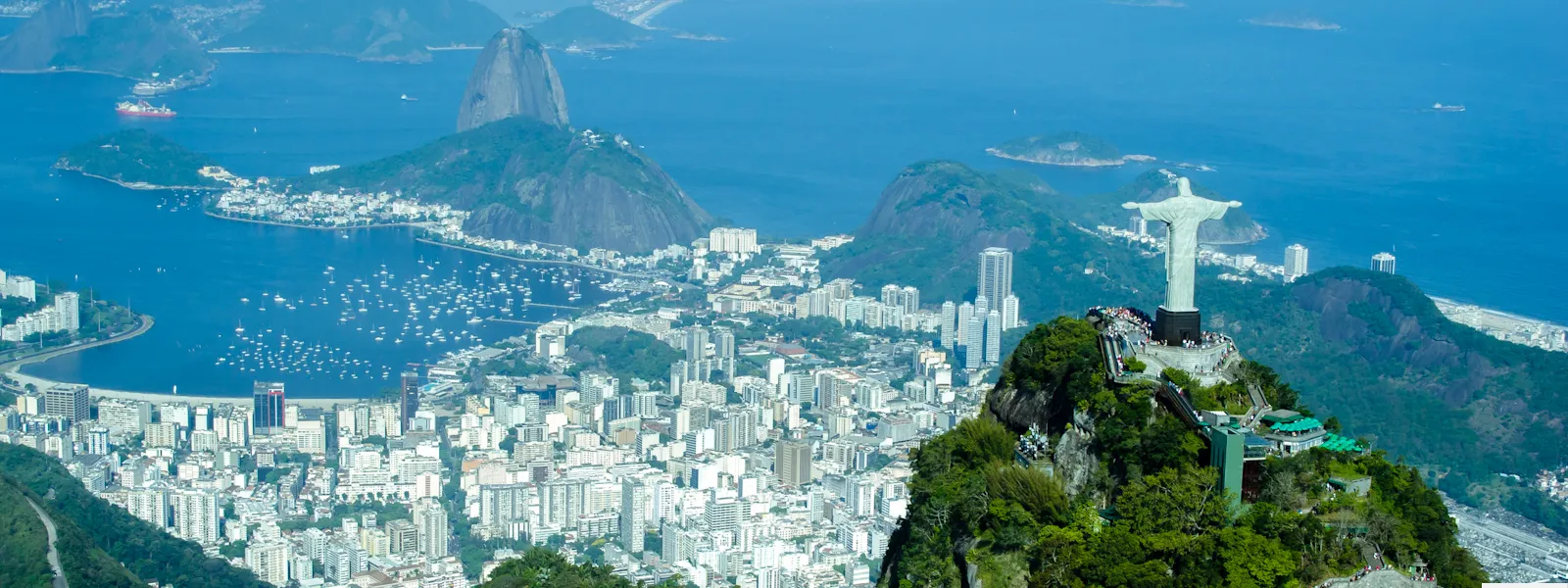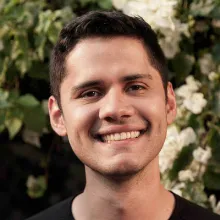
Brazil & The Olympics: Signs of Danger, Signs of Hope
By Rodrigo da Costa Sales, AIDA attorney
As the Brazilian flag was raised at the Rio Olympics to the soft sounds of acoustic guitar, the familiar words of my country’s national anthem struck me:
Giant by thine own nature,
Thou art beautiful, thou art strong, an intrepid colossus,
And thy future mirrors that greatness.
For centuries, it’s been easy, a point of pride, to celebrate the natural bounty of our landscape, from the mighty Amazon basin to the thousands of miles of pristine coastline.
What’s proved most difficult is defending it.
Last year Brazil was the world’s most dangerous country for environmental defenders. At least 50 of us were killed; so far this year, 23 have been assassinated. The Amazon, where I was born and spent my childhood, is the epicenter of these crimes.
Plantations and ranches have been built on land where homes once stood. Indigenous and Afro-Brazilian communities, guardians of the natural world, have been evicted from lands passed down through the generations.
It’s clear that economics and development have been prioritized above public health and wellbeing.
Increasingly, large dams are also becoming agents of dispossession in the Amazon. On the mighty Rio Xingu, the massive Belo Monte hydro dam displaced indigenous communities that depended on and cared for the river basin. Vast amounts of rainforest were destroyed, with disastrous impacts on wildlife. Several plant and animal species are now extinct; literally tons of fish died, likely from contamination. Altamira, the city closest to the dam, is now ranked third in Brazil for violence and inequality. Belo Monte is hardly bringing equitable and just development to Brazil.
There are reasons for hope, though. A couple of things that happened last week made me believe we might see some positive changes in the near future.
First, the government denied the environmental license for a Tapajós River mega-dam that would have repeated the destruction of Belo Monte, devastating the lands and culture of the Muduruku people.
The second is more symbolic – the opening ceremony of the Olympic games. I was particularly moved by the focus on two issues that Brazil must make a priority in coming years: deforestation and climate change.
The attention to environmental crisis was powerful. It would have been even stronger, though, if indigenous people hadn’t been portrayed only as relics of Brazil’s ancient origins. In reality, our indigenous groups are crucial players in present and future efforts to achieve sustainability.
To a certain extent, hope is what the Olympics are all about. They bring the world together for a common good, and, at their best, aid in the development of a peaceful society concerned with preserving human dignity across all continents.
Although I have deep personal disagreements with the execution of the Olympics in Rio, I hope Brazil takes seriously the symbolic commitment demonstrated in the opening ceremony.
I hope Belo Monte is the last case of its kind.
I hope human rights and environmental defenders can work safely and without fear.
I hope future generations grow up in a country that really is “giant by thine own nature.”
Only then will our future truly be as great as the magnificent lands we call home.
Please consider making a donation to AIDA today to help us make the future great for people in Brazil and throughout Latin America.
Rodrigo da Costa Sales

Rodrigo da Costa Sales is a Brazilian attorney that worked in AIDA’s Human Rights & Environment Program. He has a masters in International Human Rights Law from the University of Notre Dame. He has worked at the Inter-American Commission of Human Rights, the Inter-American Court of Human Rights and with various organizations dedicated to the protection of victims in Brazil.
